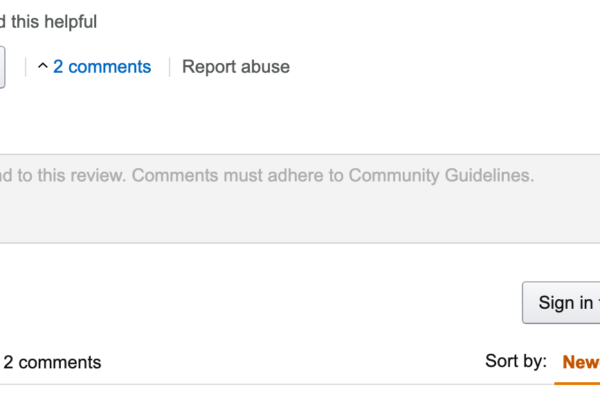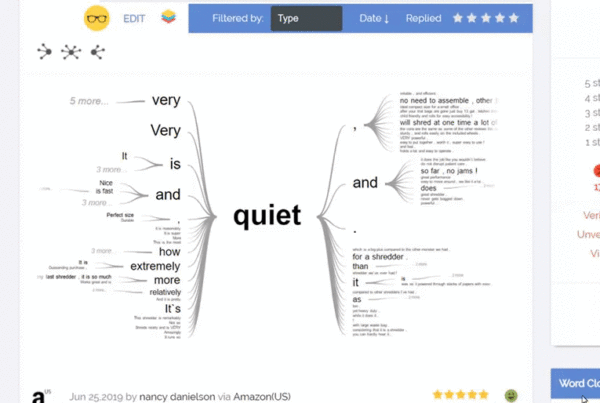#3 of 3: Shoppers read online reviews because they perceive them as trustworthy, unbiased advice from others like them
Data Highlights
- More than four in five (86%) shoppers trust customer reviews they read online
- Most trust is mild in nature with 73% saying they ‘somewhat trust online reviews
- Just over one in ten (13%) shoppers find online shoppers very trustworthy
- Nine in ten shoppers believe people post fake reviews online with nearly half (48%) believing it happens sometimes
- Men (90%) and women (89%) are equally likely to be suspicious of fake reviews online
- Millennials (88%), boomers (89%), and seniors (91%) all believe that people post fake online reviews
- More than four in five (84%) shoppers trust online reviews from other consumers over celebrities and experts
- 3 in 5 shoppers are skeptical that reviews have been bought by companies and brands
- More than half (57%) of shoppers are skeptical that negative reviews have been removed by companies and brands

Shoppers read online reviews to shape their purchase decisions because they trust in the experiences shared by other shoppers. More than four in five (86%) shoppers say they find online review somewhat or very trustworthy. Most of this trust is, however, mild in nature with nearly three in four (73%) shoppers saying they ‘somewhat’ trust online reviews compared to just over one in ten (13%) who find online reviews very trustworthy.

This lack of absolute trust in online review stems from fear of fake reviews. Nine in ten shoppers believe people post fake reviews online with nearly half (48%) of all shoppers believing it happens at least sometimes. Men (90%) and women (89%) are equally likely to be suspicious of fake online reviews. Shoppers across all key age groups – millennials (88%), boomers (89%), and seniors (91%) – are aware that people post fake online reviews making this a key challenge that retailers need to address.

The most effective way in which retailers can address fake reviews and win shopper trust is by making reviews as authentic and transparent as possible. One way of doing that is by encouraging more everyday shoppers, not celebrities and experts, to post reviews. More than four in five (84%) shoppers trust online reviews from other consumers over celebrities and experts.
Retailers and brands can use ‘verified purchase’ to guarantee that a review has not been paid for. 3 in 5 shoppers are skeptical that reviews have been bought by companies and brands.
There should also not be any filtering of negative reviews. Almost all (95%) shoppers grow skeptical at the lack of negative reviews. In general, more than half (57%) of shoppers tend to believe that negative reviews have been removed by companies and brands. This shows the relative importance of keeping negative reviews. In fact nearly 7 in 10 (68%) shoppers trust reviews more when they see negative reviews.

The importance of negative reviews is highlighted in the fact that more than four in five (82%) shoppers actively seek out negative reviews. These shoppers are more engaged in the research process as well spending more time and consuming more content than other shoppers who do not actively seek out negative reviews.
Negative reviews also go a long way to converting browsers into shoppers. Online shoppers who seek and read negative reviews are 85% more likely to buy the product compared to all other shoppers, showing that shoppers want a balanced opinion from online reviews and not just a glowing account of how great a product is.
*for additional details on sources and follow up information see our full report – The State Of Online Reviews Among U.S. Shoppers




Amazon is removing commenting feature from product reviews